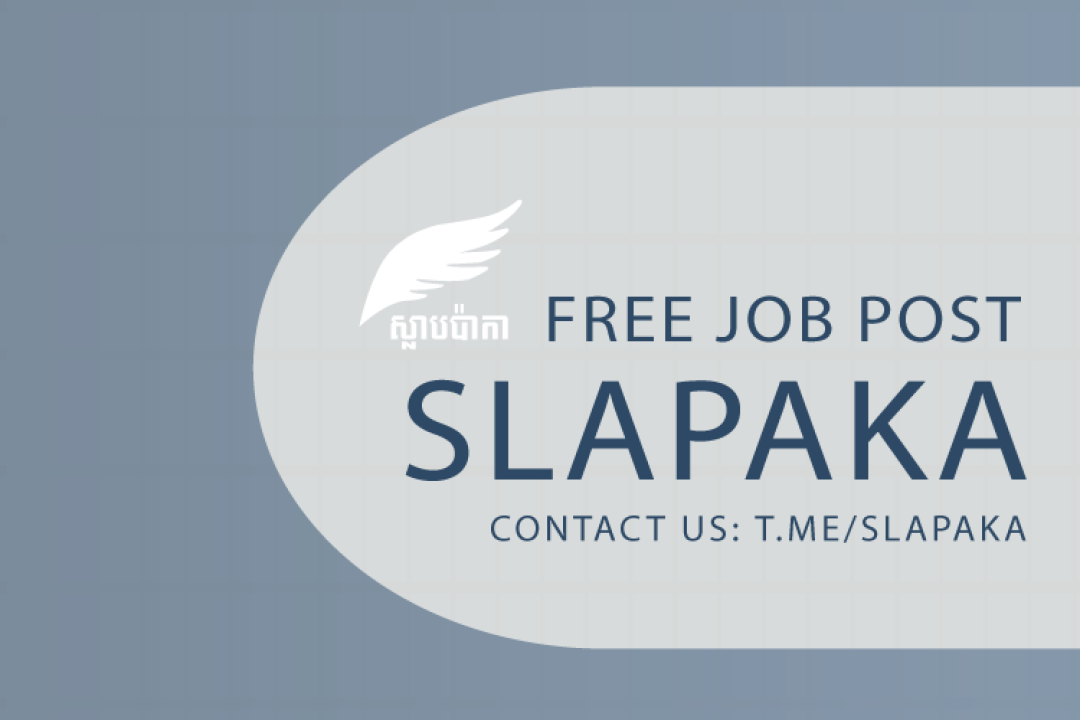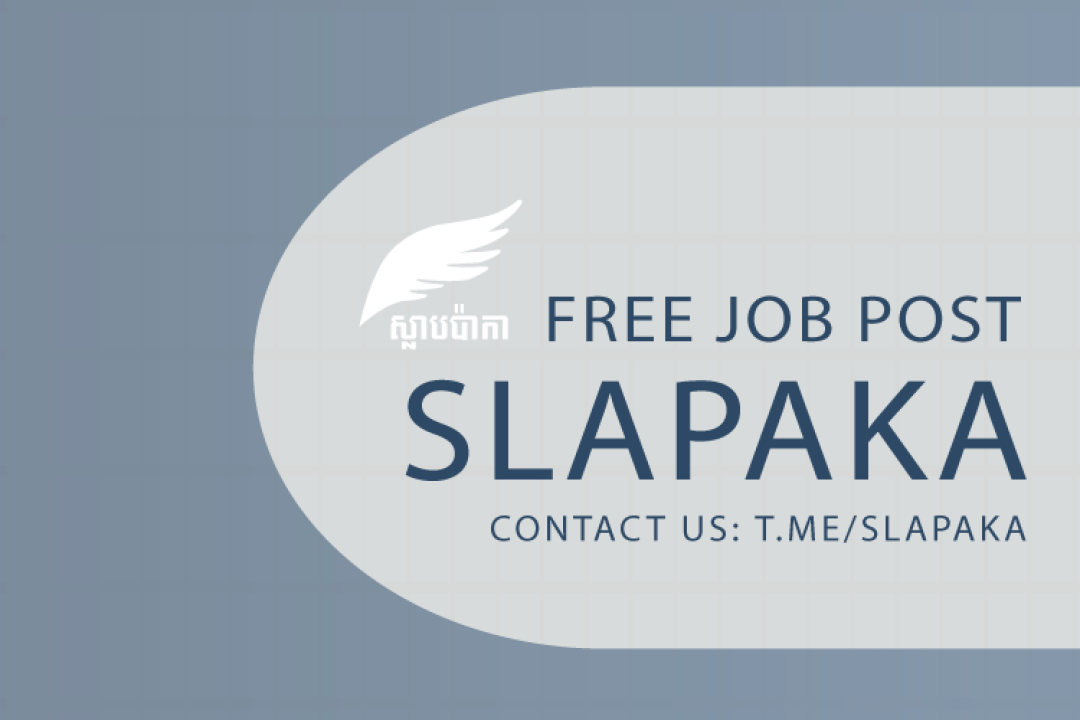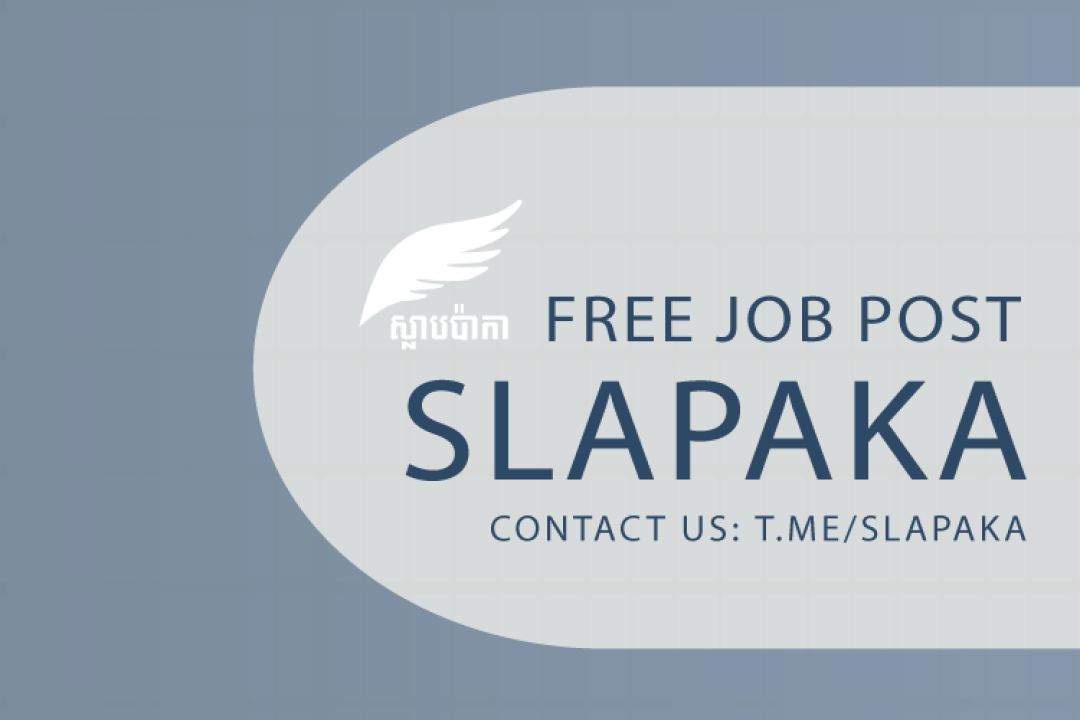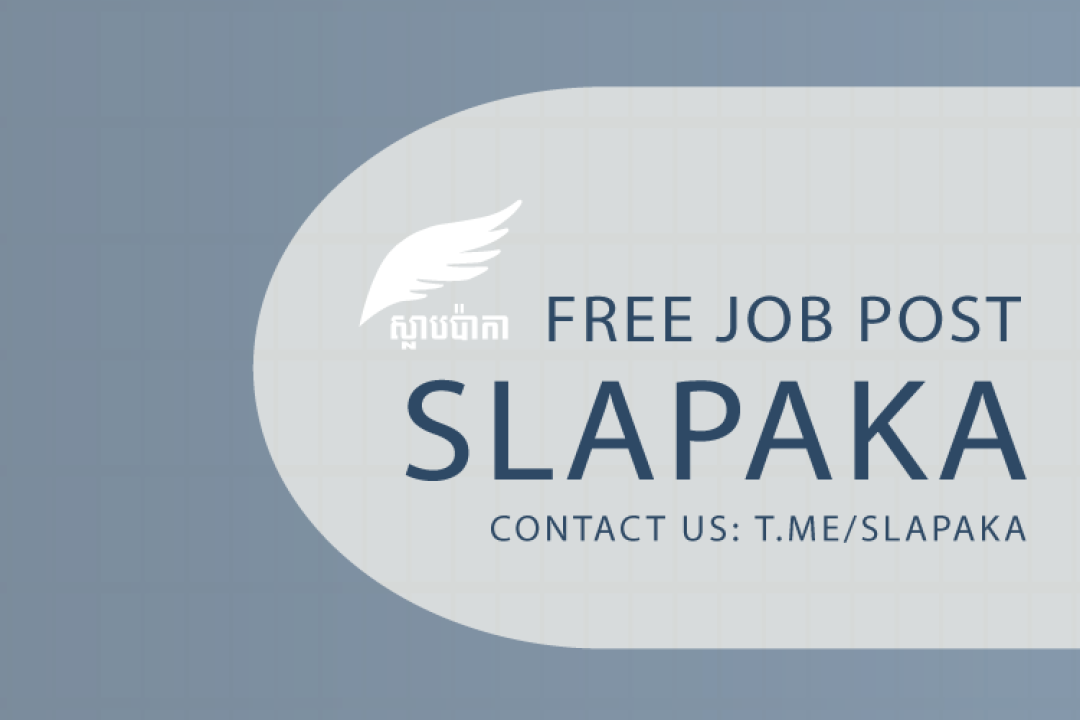How to Face an Interview
2018-10-10

If you’re nervous about facing an interview, then you should try to look at it as an opportunity to make an improvement in your life. If you do your research and answer the questions you are asked with confidence, then you’ll be on your way to landing the job of your dreams. If nothing else, you can look at it as great interview experience and the opportunity to do better the next time around.
Part 1 of 3: Preparing in Advance
1. Research the company. The first thing you should do after you’ve been asked to interview for a position at a company is to research the company. Find out what the mission of the company is, how long it’s been around, how many employees it has, and what your position would be if you got the job. If the company has a motto, memorize it. Make sure you know as much about it as you can so you can impress your interviewers and show them how much you care.
2. Research your interviewers if you can. If you can spend a few minutes looking up your interviewers, finding out where they went to college, where they previously worked, or anything else about them, then you’ll have a leg up in the interview process. Though you don’t need to mention that you internet stalked them unless it comes up, if you find a few things you have in common, such as the fact that you both happened to work at the same company five years ago, then this can help you get an extra advantage.
3. Prepare to answer common questions. Though each interview is different, there are certain questions that many interviewers commonly ask, and it’s good to have some answers prepared so you don’t look unprepared or caught off guard. Here are some questions you should be prepared to answer:
- “What are your biggest strengths?” Pick a strength or strengths that illustrate why you’d be a good fit for the position, and provide concrete details to back up why you possess that strength. Make sure it’s relevant to the job.
- “What are your biggest weaknesses?” Don’t say “I work too hard” — everyone has heard this one before! Instead, pick a weakness that isn’t super important to the position and show that you’re working on improving at it. Say something like, “My biggest weakness with teaching is time management. I get so excited about all of the material that I sometimes try to cram too much new material into one class. But I’ve learned to break down each class in five-minute intervals and to make sure to only cover what the students can handle in one class period.”
- “Why do you want to work at this company?” Don’t tell your interviewers that you want to work there because it’s the only company that asked you for an interview. Instead, point out several things you like about the company and be as detailed as possible; also make it clear why you think you would fit in there and be able to contribute to their team.
4. Prepare to ask at least two questions. At the end of most interviews, your potential employers will ask you if you have any questions you want to ask them. You should prepare at least a handful of questions and pick the ones that are the most relevant to ask; this shows that you’ve done your research and are excited about the position. If you just smile and say that you have no questions, this makes it look like you don’t care about the position all that much. Here are some things you can ask about:
- Details about an aspect of the job you’d like to know more about
- Asking what your daily life on the job would look like, such as how much time you’d spend collaborating with other co-worker
- Asking what their favorite part of working for the company is
- Asking about other ways you can get involved at the company in addition to the job description. For example, if you’re applying for a teaching job at the high school, you can ask if you can be involved in extracurricular activities too.
5. Practice with a friend. If you want to feel really confident going into that interview, then you may want to practice with a friend or even someone who knows about your field first. This can help you practice stating your answers with confidence, getting the body language down, and feeling secure in what you have to offer. This is also a great way to get rid of some of those pre-interview jitters and to give you the confidence you need to face the interview.
6. Prepare to explain why you’d be a good fit for the company. Another thing you need to get ready to say is why you’d be a great fit for the company. Check out what the employees at the company are like and what the company values the most when it comes to the position you’re seeking; use buzzwords to show why you possess those qualities and why you’d be a perfect fit for the job you’re interviewing for.
7. Prepare to bring everything you need. It’s important to get everything you need together the day before you go to the interview so you don’t have to do any last-minute preparation to get ready for the big day. You’ll most likely need to bring your resume and cover letter t
10 steps to a successful CV
2018-09-16
Common interview questions
2018-09-16
What Are Your Weaknesses?
2018-09-30
How to Face an Interview
2018-10-10
How to Get a the Right Job Fast?
2018-10-10






